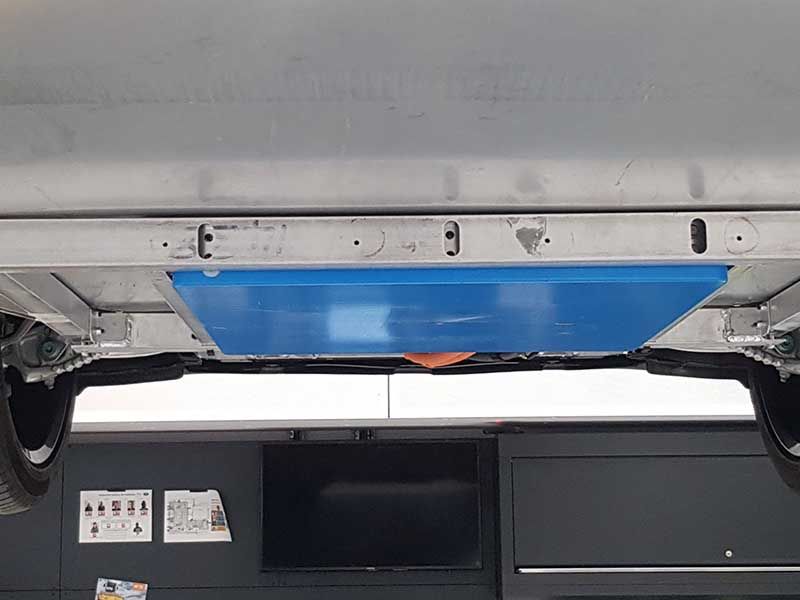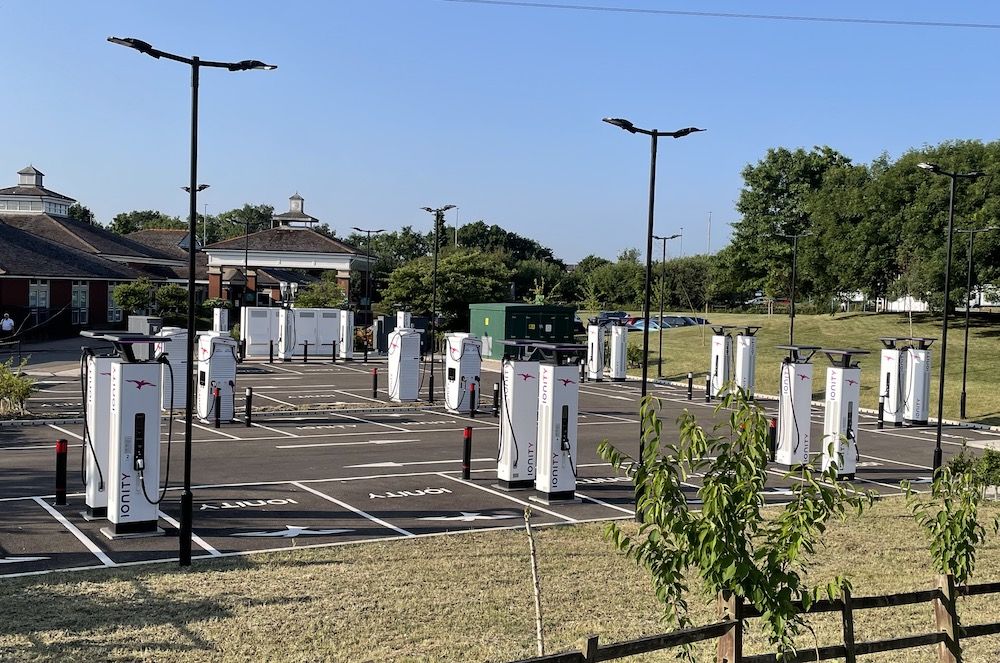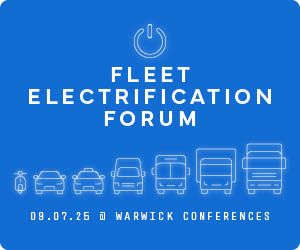The UK’s first trial of wireless charging technology for light commercial vans will launch in Edinburgh in Spring 2021.
Heriot-Watt University, Flexible Power Systems (FPS) and City of Edinburgh Council have been awarded funding worth £1.6m to investigate the benefits of wireless electric vehicle charging.
The UK’s first wireless charging hub for light commercial vehicles will be installed at Heriot Watt University’s Edinburgh campus in early 2021 to service specially adapted vans from both City of Edinburgh Council and Heriot-Watt’s estates team.
The technology has already been proven for mass transit applications and will be supplied by specialist firm, Momentum Dynamics. The project is funded by the Office for Low-Emission Vehicles and delivered through Innovate UK.
It aims to accelerate the transition to EV in commercial vehicle fleets by reducing the cost of charging the vans. If successful, wireless charging technology could be adopted by fleets across the UK.
High-powered wireless electric vehicle charging is expected to have considerable benefits for commercial vehicle users with faster charge times, no cable hazards and future proofing for autonomous vehicles.
The project ultimately aims to apply wireless charging to shared logistics hubs where fulfilment functions can be combined with charging. Wireless charging technology will be applied to improve vehicle turnaround times and staff productivity at the hubs enhancing cost savings.
FPS’ Managing Director Michael Ayres said: “Productivity drivers and longer journeys mean commercial vehicles may need to charge away from the depot or at high speeds during the day.
“Rapid and ultra-rapid chargers required for a fast turnaround make up less than 25% of publicly available chargers and can be difficult to access if they are in use or out of service.
“High power rapid chargers can be expensive both in terms of the chargers themselves and the electricity network infrastructure required to support them. Sharing the cost of the charger and the connection through a shared charging hub can mitigate a portion of these costs. The project is testing sharing of the charging hubs between logistics, retailer, local government, and university owned commercial vehicles.”
“These charging hubs require high use to be economically viable. The project uses powerful wireless charging to shorten the length of time vehicles need to be in the charging hubs. At the same time, we are investigating adding basic fulfilment capabilities to improve the productivity of logistics vehicles visiting the hubs.”
Professor Phil Greening, a co-director of the Centre for Sustainable Road Freight, based at Heriot-Watt University, said: “While highly utilised shared infrastructure and collaboration have great potential to reduce the costs of decarbonising road freight, there are complex scheduling and commercial trade-offs to be considered.”
“The modelling tools and approaches developed in our Engineering and Physical Sciences Research Council (EPSRC) funded research at the Centre, combined with the collaboration we’ve undertaken with FPS over the last two years will both be key to untangling these challenges and making sure this potential is realised.”
City of Edinburgh Council’s Transport and Environment Convener Councillor Lesley Macinnes said: “Our own Electric Vehicle Action Plan will result in a significant increase in charging points across the city which, alongside projects such as this, will help encourage the take-up of electric vehicles as a low carbon, environmentally-friendly transport choice.”














